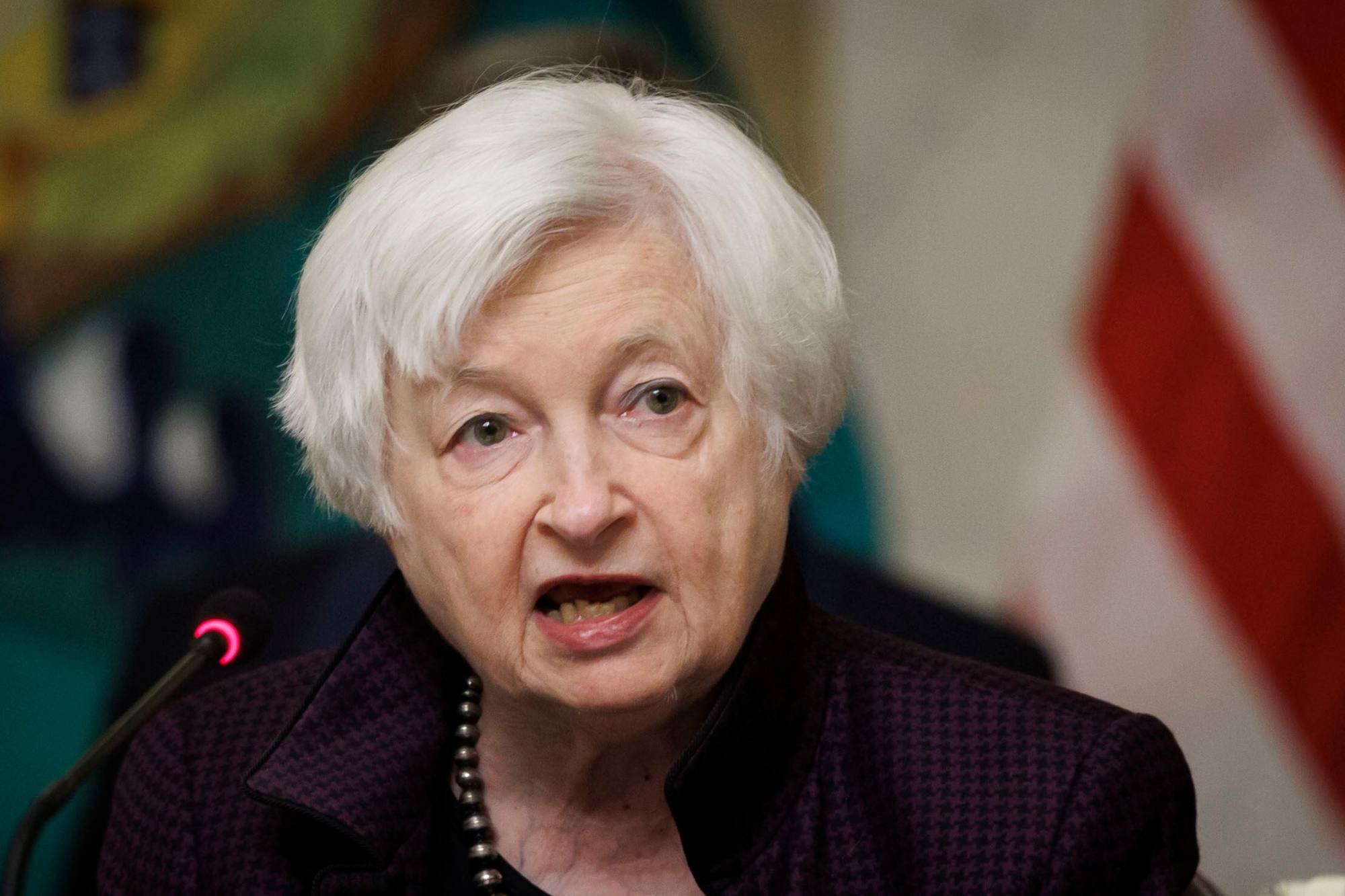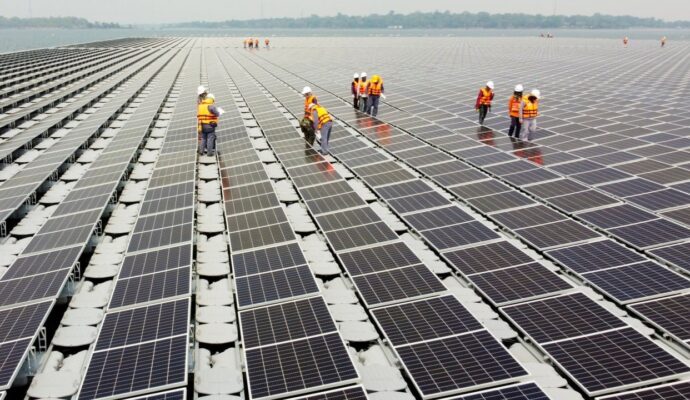US President Joe Biden announced a new investment programme on Friday to channel “billions of dollars” to Latin American and Caribbean nations, as an alternative to China’s “debt trap” deals in the region.
The US, Biden said, wanted to make sure those nations had “a real choice between debt-trap diplomacy and high-quality transparent approaches to infrastructure and to development”.
While not naming China, Biden was seen as referring to the Belt and Road Initiative, Beijing’s global infrastructure programme which the US contends often saddles its partners with unexpected debt.
Representatives from Barbados, Canada, Chile, Colombia, Costa Rica, the Dominican Republic, Ecuador, Mexico, Panama, Peru and Uruguay took part in the forum.
In recent years, Beijing has expanded its influence in the region through infrastructure deals and closer trade ties. Twenty-two Latin American nations have belt and road projects.
Biden said the new investments, to be issued through the US International Development Finance Corporation and the Inter-American Development Bank, would help build “sustainable” infrastructure, strengthen supply chains and fortify digital infrastructure for advancing a “competitive and resilient” regional economy.
At an Apep event earlier on Friday, Treasury Secretary Janet Yellen said the US would promote “friendshoring” – diversifying supply chains among “trusted partners and allies”.

“We believe that Apep countries are well-positioned to take the actions needed to benefit from friendshoring in our region,” she said.
The United States remains the largest source of investment across Latin America and the Caribbean and their largest trading partner, though China ranks No 2 after its two-way commerce with the region set a record last year.
In the Apep joint declaration, participants said they needed to accelerate “inclusive and sustainable” regional trade and investment, address the climate crisis and expand social and economic opportunities that “leave no one behind”.
The leaders also agreed to establish three tracks – foreign affairs, trade and finance – with ministers meeting annually and focusing on clean energy, medical supplies and semiconductors.
Senators lament US losing ground to China in Latin America policy
Senators lament US losing ground to China in Latin America policy
In addition to the new investment platform, Biden also announced the creation of a new fund for “debt for nature” swaps, in which part of a developing nation’s foreign debt is forgiven in exchange for local investments in conservation measures.
Earlier this year, Ecuador completed the world’s largest debt-for-nature conversion: a US$656 million “blue bond” to reduce the country’s public debt while directing funding towards the protection of the Galápagos Islands.
Attending the forum, Canadian Prime Minister Justin Trudeau said: “When the democracies in the hemisphere unite to advance our shared priorities – from fighting climate change to driving economic growth, and to creating good, quality jobs – we pave the way for a more inclusive, sustainable, and prosperous future for all.”
China’s ambassador to Brazil makes Belt and Road Initiative pitch
China’s ambassador to Brazil makes Belt and Road Initiative pitch
Migration, a major domestic political issue for Biden as he campaigns for re-election, was also an Apep focus. “We’re affirming our region-wide approach to sharing responsibility for managing the challenges of unprecedented migration flows,” he said.
According to the White House, the US and Canada – as well as South Korea and Spain – would work with the Inter-American Development Bank to make available US$89 million to support countries in the region most affected by migration, financing infrastructure and social services for their refugee- and migrant-hosting communities.
That is in addition, the White House noted, to nearly US$485 million the US already provides to assist migrants and refugees, hosting communities and vulnerable populations in the Western Hemisphere.


